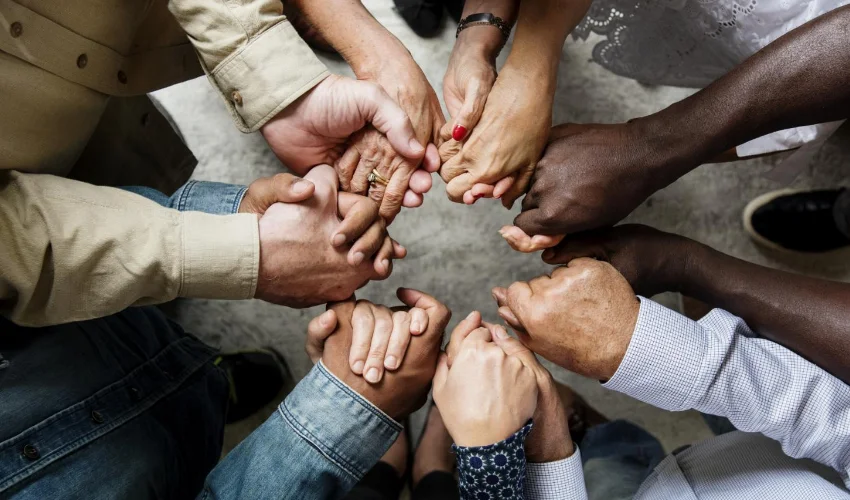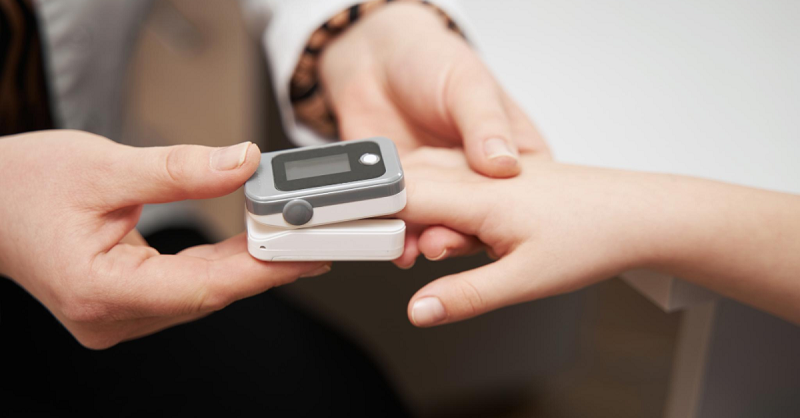Living with diabetes can be challenging, but you don’t have to face it alone. Joining local diabetes support groups or online communities can provide valuable resources, support, and a sense of belonging for individuals with diabetes and their caregivers. This comprehensive guide aims to shed light on the benefits of joining such groups, explain how to find and join them, and provide insights into the various ways these communities can help individuals manage their condition effectively.
Understanding the Importance of Diabetes Support Groups
Diabetes support groups play a crucial role in the lives of individuals living with diabetes and their caregivers. These groups offer a range of benefits that contribute to better diabetes management and overall well-being.
Enhancing Knowledge and Education
Diabetes support groups provide an opportunity to share experiences and information. Members can discuss topics such as blood glucose monitoring, medication management, dietary choices, and physical activity. By sharing knowledge and best practices, individuals can learn from one another and gain a deeper understanding of their condition. Additionally, these groups often have access to reliable resources and educational materials, empowering members to make informed decisions about their diabetes care.
Emotional Support and Well-being
Living with diabetes can sometimes lead to feelings of isolation and stigma. Diabetes support groups create a sense of community and belonging, reducing these negative emotions. Members can connect with others who share similar experiences and challenges, offering empathy, encouragement, and understanding. This emotional support network is invaluable in maintaining a positive mindset and overall well-being.
Lifestyle Modifications and Coping Strategies
Diabetes support groups provide a platform for individuals to learn from others’ experiences and successes. Members can discuss strategies for managing lifestyle modifications, such as healthy eating, exercise routines, stress management, and coping with the emotional aspects of diabetes. By sharing practical tips and success stories, individuals can gain motivation, inspiration, and new perspectives on managing their condition effectively.
Improved Diabetes Self-Management
Support groups play a crucial role in helping individuals stay accountable for their diabetes self-management. Through regular meetings or online interactions, members can track and discuss their progress, share challenges, and celebrate achievements. This collective support can help in monitoring blood glucose levels, promoting medication adherence, and establishing healthy habits and routines.
Finding Local Diabetes Support Groups
Finding a local diabetes support group is the first step toward accessing the benefits of community support. Here are several ways to find and join these groups:
Healthcare Provider Referrals
Start by consulting your doctor or diabetes care team. They may be aware of local support groups or organizations dedicated to diabetes care and can provide recommendations. Diabetes educators or nurses who specialize in diabetes management can also offer valuable insights and guidance.
Local Organizations and Hospitals
Check with community centers, clinics, or hospitals in your area. Many of these institutions have dedicated diabetes support groups or can connect you with local resources. Reach out to the diabetes department or inquire about any affiliated support groups they may recommend.
Online Search and Directories
Utilize search engines and online directories specifically designed for finding local support groups. Websites such as the American Diabetes Association and Diabetes UK offer search tools that allow you to find local groups based on your location.
Social Media Platforms
Social media platforms can be a valuable resource for finding diabetes support groups. Join diabetes-related groups on Facebook, follow relevant hashtags on Twitter, or explore communities on platforms like Instagram or LinkedIn. Engaging in discussions and seeking recommendations from other group members can help you find local support groups in your area.
Participating in Online Diabetes Communities
In addition to local support groups, online diabetes communities offer a global platform for individuals to connect, share experiences, and provide support. Here’s what you need to know about participating in online diabetes communities:
Benefits of Online Diabetes Communities
Online communities provide several advantages, including global reach and accessibility. Regardless of geographic location, individuals can connect with others who understand their challenges. Anonymity and privacy options ensure that participants can feel comfortable sharing their experiences openly without revealing personal information.
Types of Online Diabetes Communities
Online communities come in various forms, such as forums, discussion boards, social media groups, and hashtags. Forums and discussion boards allow for more in-depth conversations and provide archives of past discussions. Social media groups and hashtags offer a more casual and immediate way to connect and engage with others.
Choosing the Right Online Community
When choosing an online diabetes community, it’s important to consider factors such as the level of activity and engagement within the community. Look for communities with active members who are willing to share their experiences and offer support. Additionally, ensure that the community has proper moderation and adheres to guidelines to maintain a safe and respectful environment.
Participating Effectively in Online Communities
To make the most of your online community experience, actively participate by sharing your experiences, seeking advice, and offering support to others. Remember to respect diverse opinions and perspectives. Online communities thrive on mutual respect and empathy, and by contributing positively, you can foster a supportive environment for all members.
What to Expect from Diabetes Support Groups and Online Communities
When joining diabetes support groups, whether local or online, there are several key aspects to expect:
Regular Meetings and Gatherings
Local support groups often organize regular in-person meetings or virtual events. These gatherings may include guest speakers, educational sessions, or workshops on various topics related to diabetes management. Participation in these events can provide valuable knowledge and insights.
Sharing Experiences and Personal Stories
Diabetes support groups offer a platform to share experiences and personal stories. By listening to others’ challenges and successes, individuals can learn from different perspectives, gain inspiration, and discover new strategies for managing their diabetes effectively. Offering encouragement and empathy to fellow group members creates a supportive atmosphere.
Peer-to-Peer Support and Mentorship
Connecting with individuals at different stages of their diabetes journey can be immensely beneficial. Diabetes support groups often foster peer-to-peer support, allowing members to share advice, mentor one another, and provide guidance based on their own experiences. These connections can lead to lasting friendships and networks that extend beyond the support group.
Additional Resources and Services
Diabetes support groups often provide access to additional resources and services. These may include educational materials, workshops, or assistance in navigating healthcare systems and insurance. The collective knowledge and experience within the group can help individuals find practical solutions to common challenges.
Joining local diabetes support groups or online communities is a valuable step toward managing diabetes effectively. These communities offer knowledge, support, and a sense of belonging to individuals living with diabetes and their caregivers. By actively participating in these groups, individuals can gain insights, share experiences, and build meaningful connections that contribute to better diabetes self-management and overall well-being. Remember, you are not alone in your diabetes journey, and together, we can support and empower one another.




